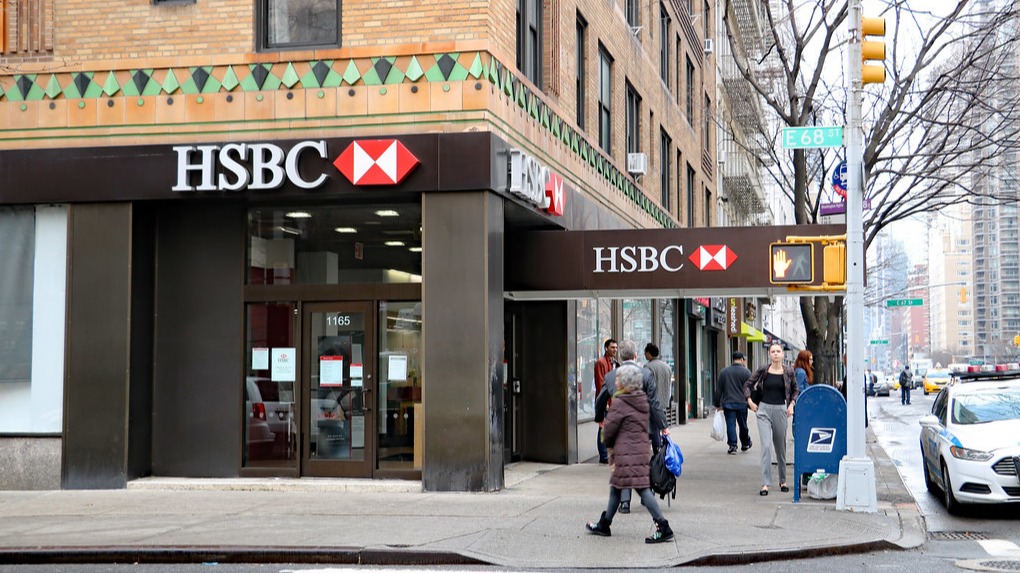The US Department of Justice has filed a lawsuit against Visa, accusing the payment giant of monopolising the debit card market and engaging in anticompetitive practices that affect "the price of nearly everything".
Filed in the US District Court for the Southern District of New York, the civil antitrust suit alleges that Visa has unlawfully maintained its dominance in the debit network market by suppressing competition through threats, incentives, and agreements with merchants, banks, and potential rivals.
According to the lawsuit, Visa processes more than 60 per cent of debit transactions in the United States, generating $7 billion annually in fees. The justice department claims that Visa's conduct has resulted in inflated costs for consumers and businesses across the country.
US attorney general Merrick Garland said in a statement: "We allege that Visa has unlawfully amassed the power to extract fees that far exceed what it could charge in a competitive market. Merchants and banks pass along those costs to consumers, either by raising prices or reducing quality or service."
The justice department's complaint outlines several ways in which Visa allegedly maintains its monopoly. These include imposing "staggering financial penalties" on merchants who do not route all or most eligible transactions through Visa's network and entering into lucrative agreements with potential competitors such as Apple, PayPal, and Block Inc's Square to prevent them from releasing products that could threaten Visa's dominance.
The lawsuit seeks a court order to block Visa from imposing pricing structures that discourage competition and from paying rivals not to compete. The justice department argues that such measures would restore competition in the debit payment processing market for both online and in-store transactions.
Visa has vehemently denied the allegations. Julie Rottenberg, Visa's general counsel, stated: "Competition is thriving in the debit market, and the claims are meritless. We will contest them vigorously. When businesses and consumers choose Visa, it is because of our secure and reliable network, world-class fraud protection, and the value we provide."
The legal action is part of the Biden administration's broader efforts to combat rising consumer prices, a key issue in the upcoming presidential election. Jon Donenberg, deputy director of the White House national economic council, commented: "The Biden-Harris administration has been clear that the American economy thrives when there is real competition."
This lawsuit follows a series of legal challenges faced by Visa and its rival Mastercard over their dominance in the cards market. In 2019, both companies agreed to pay US merchants $5.6 billion to settle damages claims in a class-action lawsuit accusing them of anticompetitive practices.
Latest News
-
Gemini to cut quarter of workforce and exit UK, EU and Australia as crypto slump forces retrenchment
-
Bank ABC’s mobile-only ila bank migrates to core banking platform
-
Visa launches platform to accelerate small business growth in US
-
NatWest to expand Accelerator programme to 50,000 members in 2026
-
BBVA joins European stablecoin coalition
-
eToro partners with Amundi to launch equity portfolio with exposure to ‘megatrends’
Creating value together: Strategic partnerships in the age of GCCs
As Global Capability Centres reshape the financial services landscape, one question stands out: how do leading banks balance in-house innovation with strategic partnerships to drive real transformation?
Data trust in the AI era: Building customer confidence through responsible banking
In the second episode of FStech’s three-part video podcast series sponsored by HCLTech, Sudip Lahiri, Executive Vice President & Head of Financial Services for Europe & UKI at HCLTech examines the critical relationship between data trust, transparency, and responsible AI implementation in financial services.
Banking's GenAI evolution: Beyond the hype, building the future
In the first episode of a three-part video podcast series sponsored by HCLTech, Sudip Lahiri, Executive Vice President & Head of Financial Services for Europe & UKI at HCLTech explores how financial institutions can navigate the transformative potential of Generative AI while building lasting foundations for innovation.
Beyond compliance: Building unshakeable operational resilience in financial services
In today's rapidly evolving financial landscape, operational resilience has become a critical focus for institutions worldwide. As regulatory requirements grow more complex and cyber threats, particularly ransomware, become increasingly sophisticated, financial services providers must adapt and strengthen their defences. The intersection of compliance, technology, and security presents both challenges and opportunities.
© 2019 Perspective Publishing Privacy & Cookies













Recent Stories